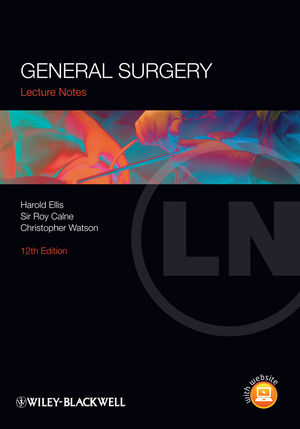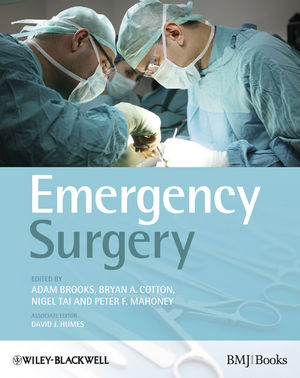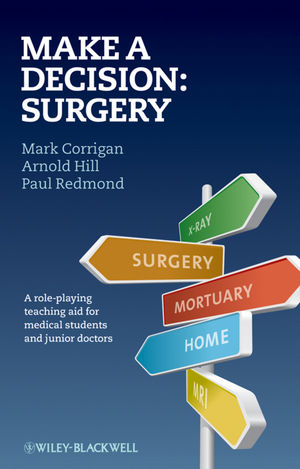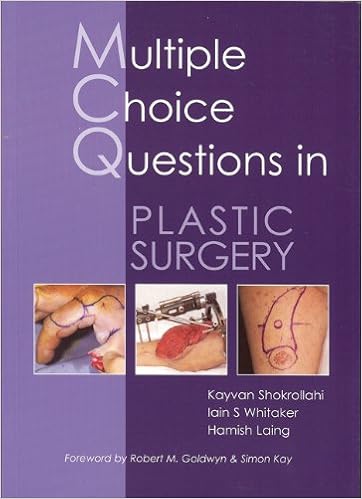Core Knowledge and Principles of Surgery
- Physiological response to surgical trauma and homeostasis
- Wound and its repair
- Pathophysiology and management of shock including fluid and electrolyte imbalance
- Investigation and treatment of infections and parasitic infestations of surgical importance
- Hemorrhage blood transfusion and their implications
- Management of acutely injured & critically ill patients including aspiration pneumonia and embolic phenomenon
- Principles in the management of common skin and soft tissue problems: ulcers, abscesses, sinus & fistulae, swellings, embedded foreign bodies and minor injuries
- Principles of anaesthesia
- Nutrition of surgical patients
To deal with critical Situations
- Cardiac arrest
- Polytrauma with airway difficulty and circulatory instability
- Uncontrolled external hemorrhage
- Sudden upper repiratory tract obstruction
- Patient in hypovolumic or septicemic shock
- Tension pneumothorax
- Cardiac temponade
- Unconscious patient due to head injury
- Patient with gas gangrene and tatenus
- Bums
Knowledge of Systems and the Diseases
Head, Face and Neck
- Development abnormalities of face, palate, lip
- Principles of management of head injuries and its complications
- Oral region including tongue
- Diseases of salivary glands (inflammation, calculus, tumors)
- Neck lumps including lymphatics thyroid, parathyroid
Chest Wall & Thorax
- Blunt & penetrating injuries and their complications
- Lung abscess and empyema thoracis
- Growth of cysts in the lungs
Gastro Intgestinal Tract
- Diseases causing oesophageal obstruction
- Peptic ulcer disease & its complications
- Tumors of stomach
- Conditions causing acute abdomen
- Conditions causing chronic abdomen including malignant lesions of small and large bowel
Abdominal, Pelvic and Genital Traumas and Hernias
- Principles in management of abdominal trauma
- Epigastric hernia
- Incisional hernia









